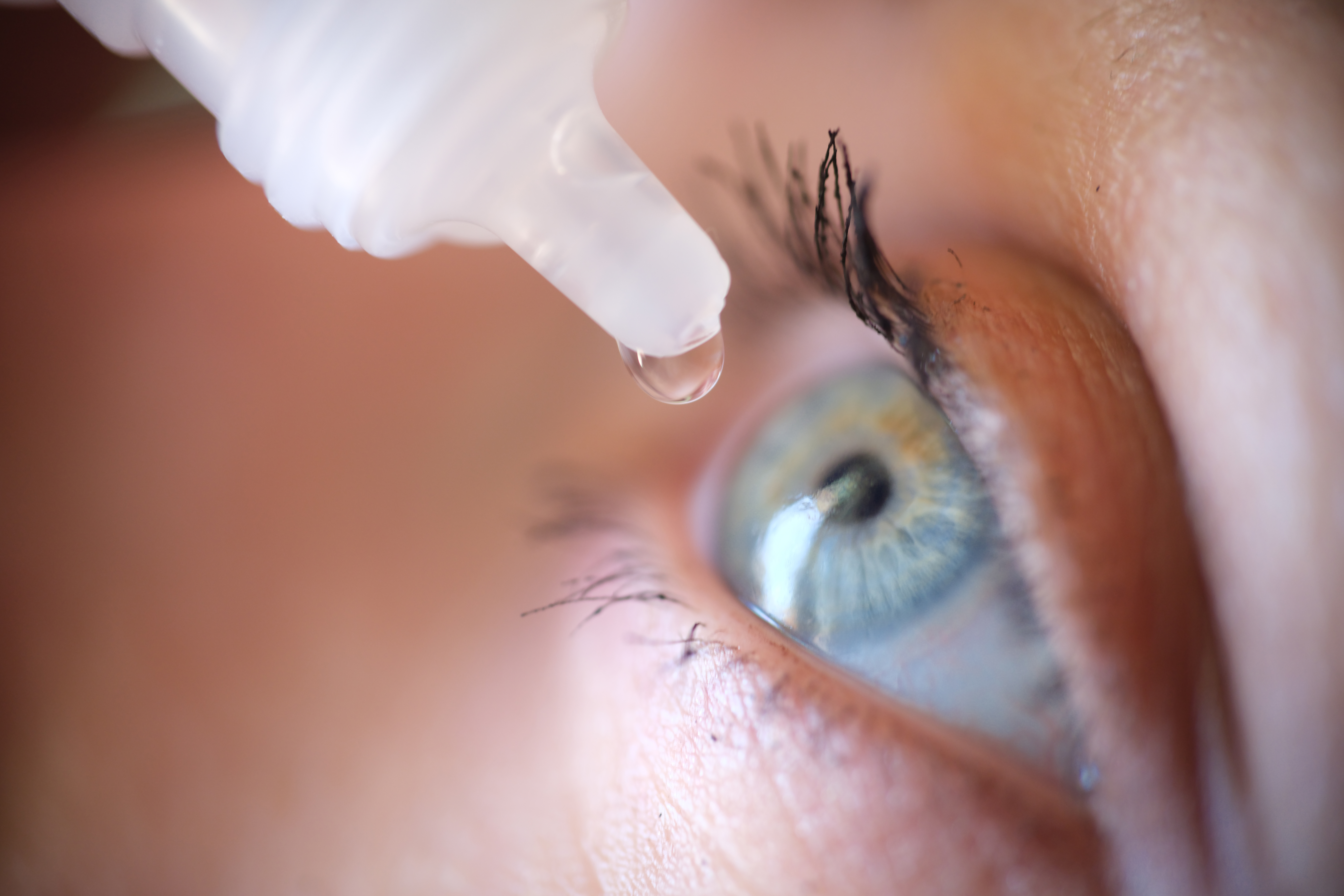Crest Hill Bread Recall: Glass Found! What to Do Now
Glass Shards in Your Sandwich? Crest Hill Bread Recall Hits 6 States!
Introduction: A Slice of Bad News
Imagine biting into your favorite sandwich, only to discover something crunchy that definitely shouldn't be there. That's the reality facing consumers in six states after Crest Hill Bakery issued a voluntary recall of some of their bread products. Finding glass in your food? No one wants that! Let's dive into the details of this recall, what products are affected, and what you should do if you have them in your kitchen.
Crest Hill Bakery Recall: The Initial Discovery
According to the U.S. Food and Drug Administration (FDA), the recall was initiated after an employee at Crest Hill Bakery spotted glass fragments on top of a loaf. Talk about an unwelcome surprise! This discovery triggered a voluntary recall, showing that the company is taking the matter seriously.
Affected Bread Products: Know Your Lot Numbers
The recall involves three specific bread products. Here's the breakdown:
- Ancient Grains Hoagie Roll: Lot number 90
- Multigrain Sourdough: Lot number 90
- Whole Grain Multigrain: Lot number 92
It's absolutely crucial to check your bread for these lot numbers if you've purchased Crest Hill bread recently. The lot number is usually printed near the packaging's expiration or "best by" date.
Distribution Area: Coast to Coast Concern
The affected bread products were distributed to the following states:
- California
- Connecticut
- Delaware
- Maryland
- Ohio
- Pennsylvania
If you live in one of these states, pay extra attention to any Crest Hill bread you might have purchased. Even if you don't usually buy these specific varieties, it's a good reminder to double-check all your food products for any signs of tampering or contamination.
Scale of the Recall: 818 Cases Affected
The FDA reports that a total of 818 cases of bread are involved in this recall. While that might seem like a small number compared to national distribution, it still represents a significant risk to consumers in the affected states. Remember, just one contaminated loaf can cause serious harm.
Why Glass Fragments Are Dangerous
Consuming glass fragments, even small ones, can be hazardous to your health. Think of it like swallowing tiny shards of razor blades. The potential risks include:
- Cuts and abrasions in the mouth, throat, and esophagus
- Internal bleeding
- Damage to the digestive tract
- Infection
If you suspect you've ingested glass, seek medical attention immediately. Don't hesitate to see a doctor if you experience pain, bleeding, or difficulty swallowing.
Crest Hill Bakery's Response: Voluntary Recall in Action
The fact that Crest Hill Bakery initiated a voluntary recall is a positive sign. It shows they are taking responsibility for the issue and prioritizing consumer safety. A voluntary recall means the company is working with the FDA to remove the affected products from store shelves and alert the public. A proactive approach like this can help prevent further injuries and build consumer trust.
What to Do if You Have Recalled Bread
So, you've checked your bread and found that you have one of the recalled products. What now?
- Do not consume the bread. Even if you don't see any visible glass fragments, the risk is still present.
- Dispose of the bread immediately. Throw it away in a sealed bag to prevent others from accidentally consuming it.
- Contact Crest Hill Bakery for a refund or replacement. You can find their contact information on their website or by contacting the store where you purchased the bread.
Prevention is Key: Inspecting Your Food
This recall serves as a reminder to always inspect your food before consuming it. Here are a few tips:
- Check packaging for any signs of damage or tampering. Look for tears, punctures, or unusual bulges.
- Visually inspect the food for any foreign objects. This is especially important for pre-packaged items.
- Smell the food for any unusual odors. A foul smell can indicate spoilage or contamination.
Understanding Lot Numbers
Ever wondered what those seemingly random numbers and letters on your food packaging mean? That's the lot number! It's a crucial piece of information that allows manufacturers to track their products and identify affected batches during a recall. The lot number is like a fingerprint for your food – it tells the manufacturer exactly when and where the product was made.
Reporting Food Safety Concerns
If you suspect that a food product is unsafe, you can report it to the FDA. This can help prevent others from getting sick and ensure that manufacturers are held accountable. You can report food safety concerns through the FDA's website or by calling their consumer complaint line.
The Importance of Food Safety Regulations
This incident highlights the importance of robust food safety regulations and inspections. These regulations are designed to protect consumers from potentially harmful products. Regular inspections of food processing facilities help ensure that companies are adhering to strict safety standards.
Beyond Bread: Other Recent Food Recalls
Food recalls are unfortunately more common than we might think. From produce contaminated with bacteria to packaged goods with undeclared allergens, the food supply chain can be vulnerable. It's a good idea to stay informed about recent recalls through the FDA's website and other reputable news sources. Staying informed helps protect you and your family. Have you ever had to deal with a food recall situation? It's definitely unsettling.
Building Consumer Trust: Transparency and Accountability
How a company handles a recall can significantly impact consumer trust. Transparency and accountability are key. Companies that are upfront about the issue, communicate clearly with consumers, and take swift action to rectify the problem are more likely to retain customer loyalty. After all, we all want to know that the companies we buy from have our best interests at heart.
Conclusion: Stay Informed and Stay Safe
The Crest Hill bread recall serves as a reminder to be vigilant about food safety. By staying informed about recalls, inspecting your food, and reporting any concerns, you can help protect yourself and your community. Check those lot numbers, people! And let's hope this is the last we hear of glass in our grains.
Frequently Asked Questions (FAQs)
- What exactly is a food recall?
A food recall is the removal of a food product from the market because it may be unsafe or violates regulations. It's a way for manufacturers to protect consumers from potentially harmful products.
- How do I find out about food recalls?
You can stay informed about food recalls by checking the FDA's website, subscribing to email alerts from the FDA and USDA, and following reputable news sources. Also, many grocery stores will post recall notices.
- What should I do if I experience symptoms after eating recalled food?
If you experience any symptoms such as nausea, vomiting, diarrhea, abdominal pain, or difficulty swallowing after consuming a recalled food product, seek medical attention immediately. It's better to be safe than sorry.
- Is Crest Hill Bakery still operating?
Yes, Crest Hill Bakery is still operating. The recall is specific to the affected lot numbers of the three bread products. They are working to resolve the issue and ensure the safety of their other products.
- How can I be sure the bread I'm buying is safe?
Always inspect the packaging for any signs of damage or tampering. Check the expiration date and look for any unusual odors or visual abnormalities. If you have any doubts, don't hesitate to contact the manufacturer or retailer.

